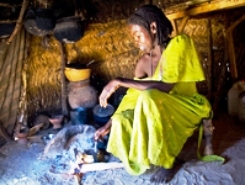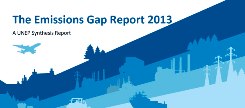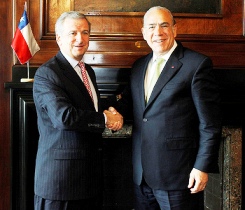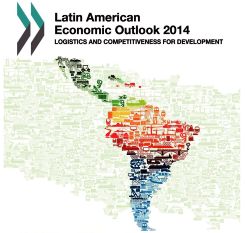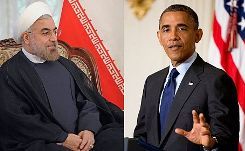By Jaya Ramachandran & Anna Rutkowski
IDN-InDepth NewsAnalysis
BERLIN | WARSAW (IDN) – Coal currently provides 40 percent of the world’s electricity and has been the fastest-growing global energy source since the year 2000, reports the International Energy Agency (IEA). Its most recent World Energy Outlook finds that while renewables and natural gas generation will grow rapidly, coal is still projected to be the dominant source of electricity through 2035.
As the UN climate change conference COP 19 entered second week on November 18, Greenpeace unfurled a banner on the front of Poland’s Ministry of Economy, protesting against the World Coal Association’s International Coal and Climate Summit taking place inside. The banner read: “Who Rules Poland? Coal Industry or the People?”


